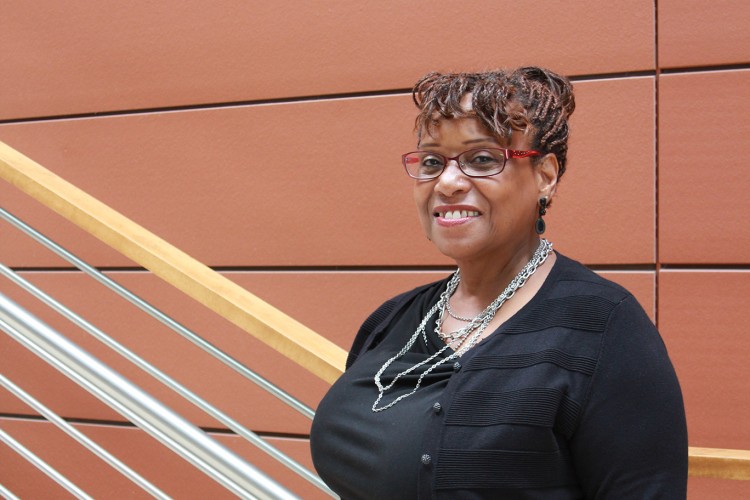Vickie Gomez
EdD '15
As the Director of Campus and Student Community Engagement, Vickie Gomez (EdD ’15) strives to make the initiatives and programs hosted at UC Davis as collaborative and responsive as possible. “How we communicate and build bridges between community members on campus and within the larger community all work toward building a better campus climate,” she said. Gomez has served the UC Davis community for almost two decades at the Office of Campus Community Relations in the Offices of the Chancellor and Provost, where she develops and implements campuswide initiatives and programs that focus on diversity, equity and inclusion. She also consults with Deans and Vice Chancellors on their departments/units Annual Accountability Report to assist in developing strategies to create greater inclusion within their units.
Gomez has been interested in student experience and community throughout her career. “There’s an intrinsic reward in helping people reach their goals,” she said. She has been a member of the UC Davis Diversity Trainers Institute since 2006, where she teaches several courses for the certificate series in Diversity Awareness and Cultural Competence. Prior to joining UC Davis, she served as Director of Counseling in a Trio program at San Jose State University, and she has taught ethnic studies and psychology at the community college level.
Gomez decided to earn her doctorate in educational leadership in order to become an even stronger problem-solver within the UC Davis Office of Campus Community Relations. “I entered the CANDEL program to be a change maker,” she said. “The program helped me as a leader to be able to deconstruct a problem from a data-driven perspective, then develop a vision and plan of implementation to effectuate real change.”
She especially appreciated the level of research she was able to conduct as a graduate student, and the breadth of knowledge and experience she encountered within her cohort. “Writing my dissertation, which explored culturally proficient leadership in urban K-12 schools, was a very rich and informative experience,” Gomez said. “Learning more about the level of trauma and poverty affecting students before they can engage in the learning experience was disconcerting. However, I now understand that these students require a more comprehensive approach to achieve academic success. In including mental health services to address the psychological trauma of poverty, as well as socio-economic support to help families elevate their socio-economic status, only then can these students receive an equitable education that truly prepares them for college. What I learned in my research has been invaluable in my K-12 outreach efforts and community engagement work.” Gomez also valued the CANDEL cohort model. “It allowed me to build professional connections and friendships with colleagues spanning the K-23 system, relationships I am grateful for as I continue toward the goal of making UC Davis as inclusive and welcoming as it can be.”









